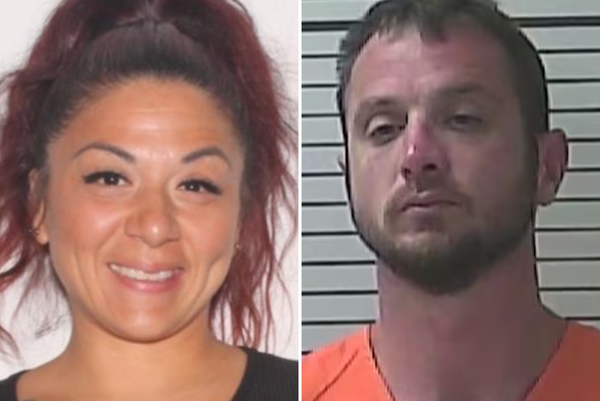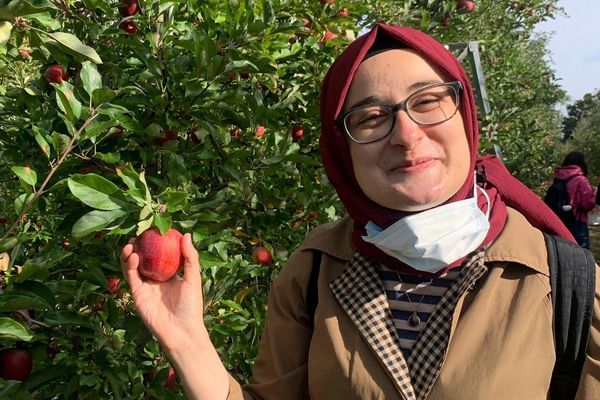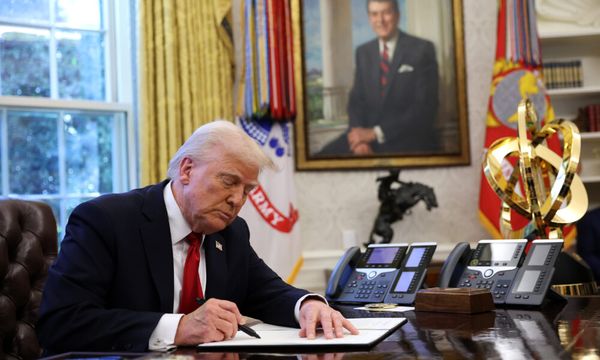
As Palestinian and Jewish groups prepare to mark the first anniversary of the events that triggered the current Israel-Gaza conflict, the Australian government has again condemned the escalating cycle of violence in the Middle East, reiterating demands for a ceasefire in Gaza and Lebanon.
“We’ve seen so much violence in the Middle East,” the foreign affairs minister, Penny Wong, said on Sunday.
“The continued escalation, the continued retribution, that continued cycle of violence, ultimately that will not bring peace and it will not bring security.”
From Gaza, Hamas – proscribed as a terrorist organisation by the Australian government – launched an assault on Israeli territory on 7 October 2023, killing 1,200 people and taking more than 200 hostages, according to Israeli authorities.
The attack sparked an Israeli offensive in the Gaza Strip that has killed almost 42,000 Palestinians in the months since, according to local health officials. More than 11,000 children have been killed in Gaza.
The conflict recently expanded into southern Lebanon with the Israeli military launching airstrikes over its northern border in response to rockets fired into Israel by Hezbollah. More than 700 have been killed in Lebanon.
Israel’s military said on Saturday it had killed Hezbollah leader, Hassan Nasrallah, in an airstrike on Friday. But its attacks have been criticised as indiscriminate and unlawful: the use of bunker-buster bombs on densely populated civilian areas in Beirut has killed hundreds of non-combatants, according to the Lebanese government.
On Sunday, the Australia Palestine Advocacy Network held a National Day of Action for Gaza, staging rallies across the country.
Pro-Palestinian demonstrators gathered on Sunday at the state library in Melbourne and at Sydney town hall, and in smaller cities and towns, to protest against the escalation of the conflict.
Protests were planned too, for Canberra, Adelaide, Perth, Hobart, Darwin, Port Macquarie, Warrnambool, Cairns and the Gold Coast.
In Melbourne, thousands marched through the middle of the city, flying the flags of Palestine and Lebanon. Some waved Hezbollah flags and carried pictures of Nasrallah.
In Sydney, town hall square was filled, protesters chanting “from Lebanon to Palestine, occupation is a crime”.
The president of the Australia Palestine Advocacy Network, Nasser Mashni, condemned the “relentless horror” of the conflict in Gaza.
Australia had a moral and legal obligation to act decisively against atrocities committed against civilians, he said.
Jewish communities will hold events to observe the anniversary of the 7 October attack which Zionist Federation of Australia chief executive, Alon Cassuto, said carried an immense weight of grief and despair.
“As a community, we will come together to mourn the greatest loss of Jewish life in a single day since the Holocaust, and, as we have done every single day since October 7, call for the remaining 101 hostages to be freed from Hamas captivity,” he said.
“Despite the profound sadness and the sheer scale of hostility, antisemitism and fragmentation of social cohesion in Australia since October 7, the Jewish community has never been stronger, more resilient and united.”
The federation is urging people to light a candle on 7 October for the slain, and to “say their names” – reciting the names and telling the stories of those killed in the Hamas attacks.
Addressing the UN general assembly, Wong condemned the “entrenched violence” leading to worsening broadening conflict.
“Brutal, degrading conflict ingraining hatred and division; pushing peace into the unseeable distance; and pulling neighbours into an endless, reflexive cycle of blame and retaliation.”
In a subsequent television interview, Wong said Australia remained committed to a two-state solution to the Israel-Palestine conflict, and urged a negotiated ceasefire.
“The continued retribution … will not bring peace and it will not bring security, which is why Australia and others, including the United States and the United Kingdom, have called for a ceasefire in Lebanon and diplomacy to try and resolve this,” she said.
“Because we have seen so many people, so many people die.”
– with AAP, Reuters







